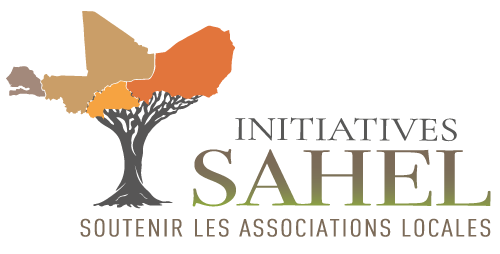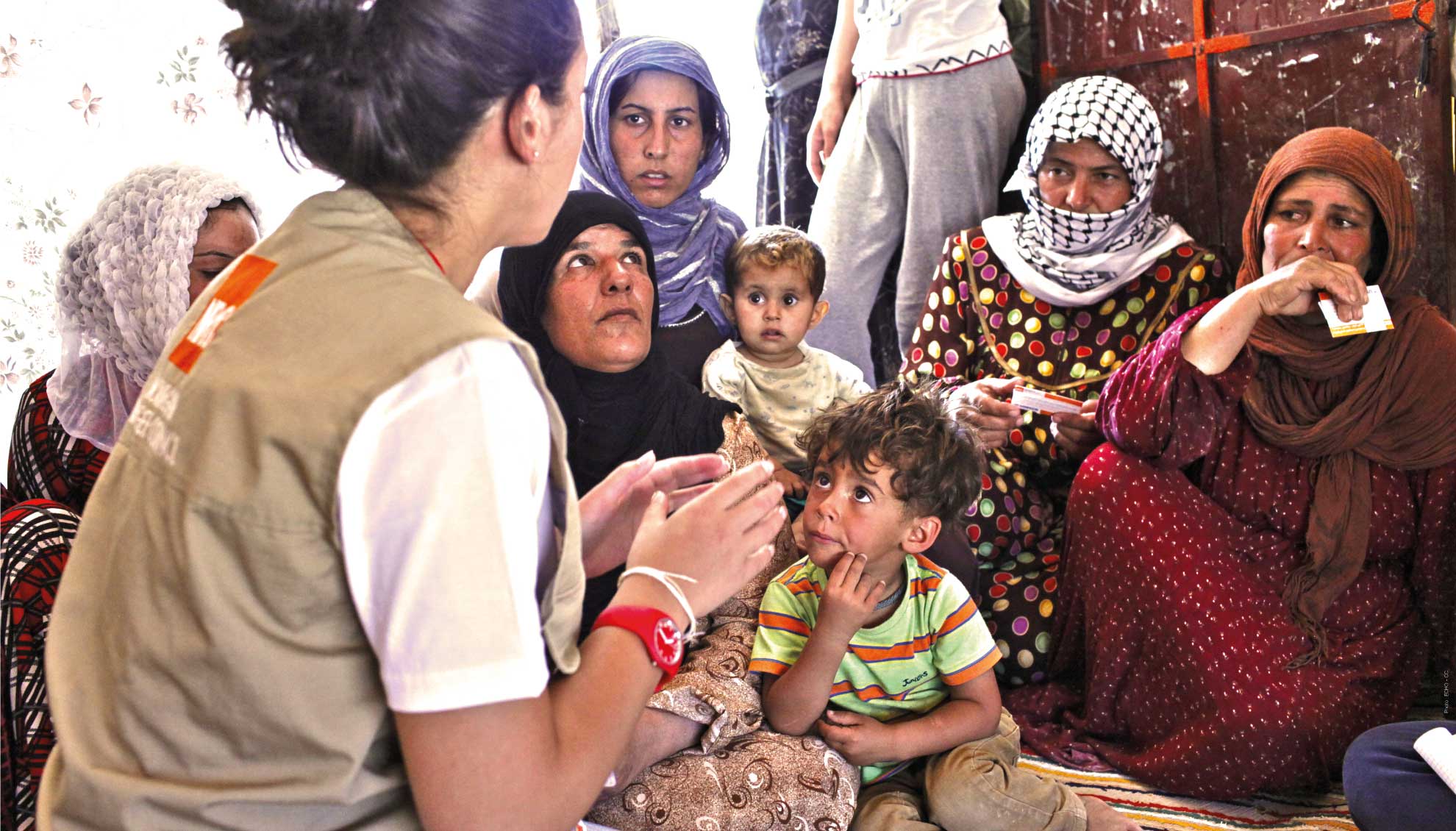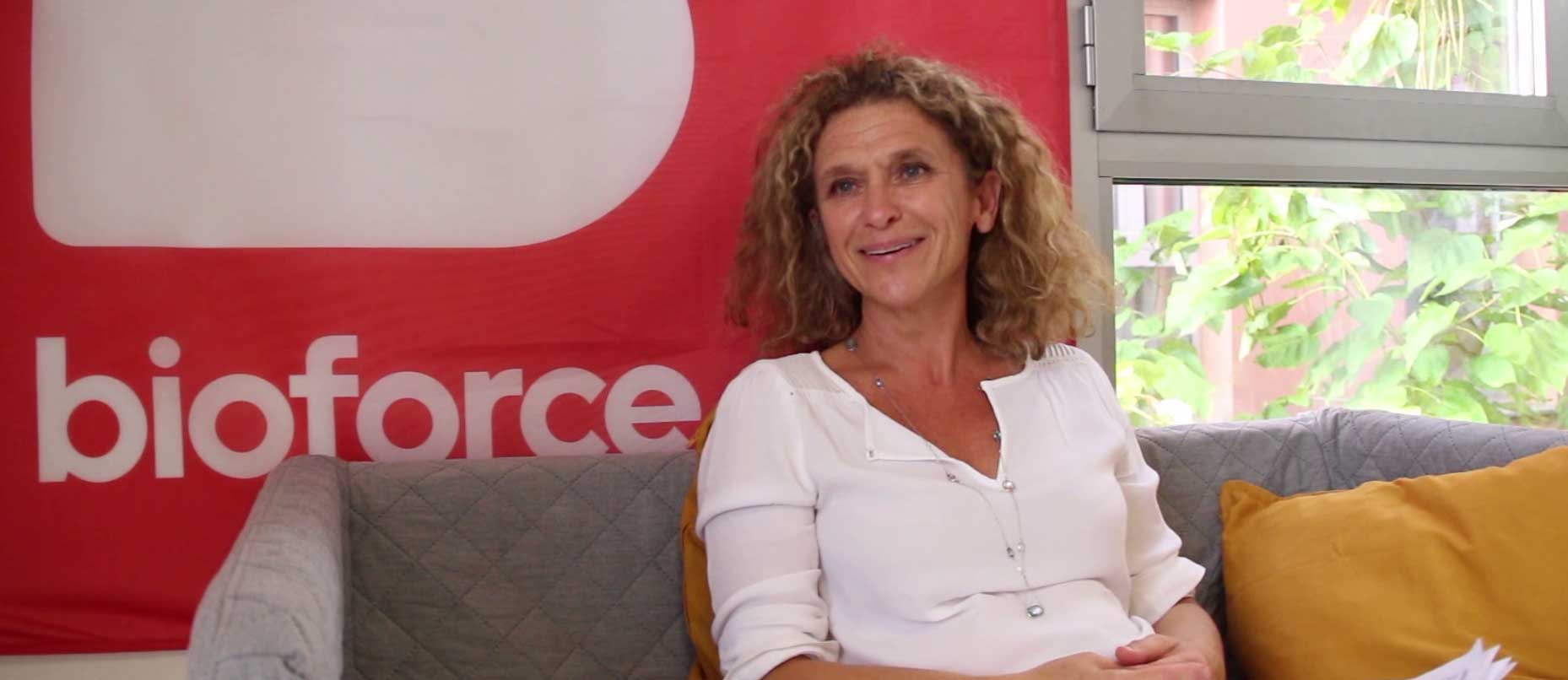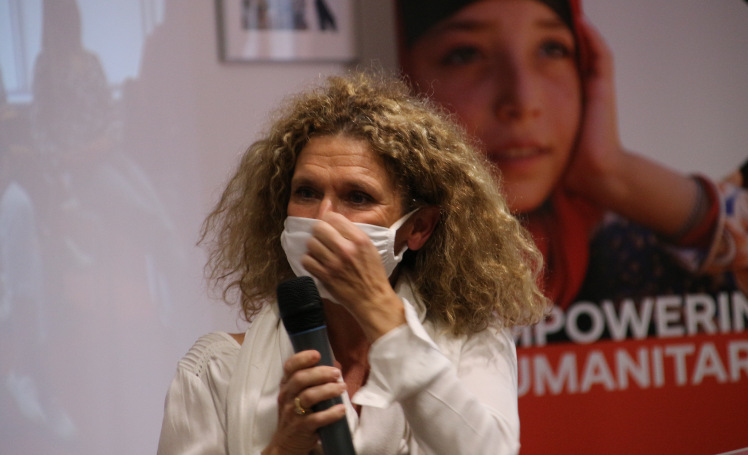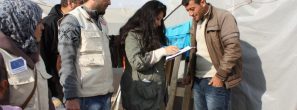This study is important, first because it’s the very first international study of on the state of humanitarian professions. Maybe because the context is changing so quickly, with the climate change, disasters, the global pandemic outbreak, politization of aid, IT, security threats, etc. We have to reform ourselves. We all have to progress and integrate all these issues and challenges that are more and more difficult.
I really think we have to be more agile and know on which grounds we are acting and what the future is going to be made of, especially for the new generation working in this field.
So it was necessary to pinpoint which are exactly the existing jobs, the existing system, and then elaborate about the creation of a new curriculum, of new jobs, on this new context. So just the fact that more than 700 or 800 extensive interviews have been made, all around the world in the field of humanitarian action with very interesting answers about what people do, what are the jobs.
I know a little bit now about the results, and the answers are not exactly what you would expect so it’s very interesting to know how the aid community is seeing itself and then how it’s going to evolve and become a new aid community that has to raise and answer the challenge of tomorrow and that’s why it’s essential. And I repeat, it’s the very first international study about the state of humanitarian profession, that’s why this conference is essential.

